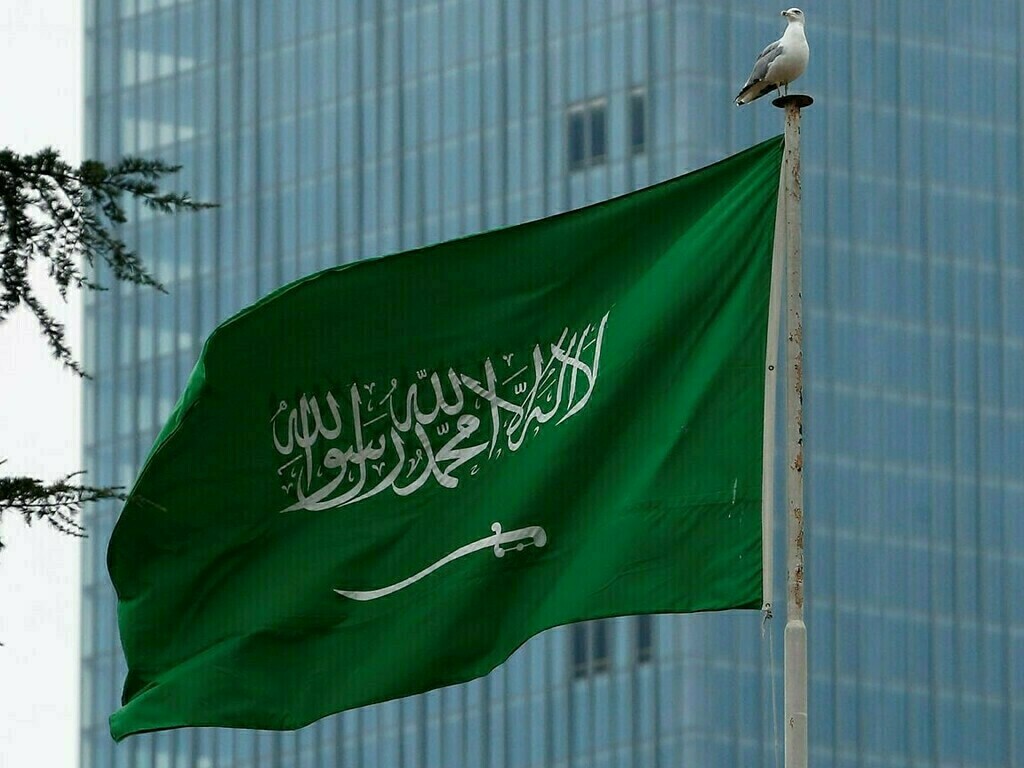Saudi Arabia Issues Middle East’s First Euro-Denominated Green Bond
In a historic move, Saudi Arabia has launched the Middle East’s first euro-denominated green bond, marking a major step in the kingdom’s efforts to diversify its economy and promote sustainable development. This initiative is part of Saudi Arabia’s broader strategy under its Vision 2030 plan, which aims to reduce reliance on oil and foster growth in renewable energy, infrastructure, and environmentally friendly industries.
Details of the Bond Issuance
Saudi Arabia has introduced a seven-year green bond alongside a 12-year conventional bond, both denominated in euros. The green bond is designed to raise funds for projects that align with the country’s environmental sustainability goals, such as expanding renewable energy capacity, developing sustainable water management systems, and investing in pollution control measures.
The issuance is managed by major global financial institutions, including HSBC, JPMorgan, and Societe Generale, which have been appointed as coordinators for the transaction. These institutions play a crucial role in structuring and distributing the bond to investors across international markets.

Strong Investor Demand and Market Impact
The bond offering has attracted significant interest from investors worldwide, with total bids surpassing €6.5 billion. This overwhelming demand reflects strong confidence in Saudi Arabia’s economic transformation and its commitment to sustainability initiatives.
The pricing for the seven-year green bond has been set at approximately 125 basis points over mid-swaps, a benchmark rate used in bond pricing. This indicates favorable borrowing costs for the kingdom, allowing it to access funds at competitive rates. The strong investor appetite highlights the growing global interest in environmentally responsible investment opportunities, as financial markets increasingly prioritize sustainable finance and ESG (Environmental, Social, and Governance) principles.
Strategic Significance of the Euro Green Bond
Issuing a euro-denominated green bond allows Saudi Arabia to tap into European capital markets, expanding its investor base beyond traditional Middle Eastern and U.S. markets. This diversification provides the kingdom with more stable and cost-effective financing options, reducing its dependency on any single source of capital.
Additionally, the issuance of a green bond demonstrates Saudi Arabia’s growing commitment to environmental sustainability. The proceeds will be used exclusively for projects that contribute to the country’s climate and sustainability goals, reinforcing its pledge to combat climate change. As part of its Vision 2030 objectives, Saudi Arabia aims to generate 50% of its electricity from renewable sources by 2030 and achieve net-zero carbon emissions by 2060.
Setting a with Saudi Arabia’s Vision 2030
The green bond issuance is a crucial component of Saudi Arabia’s Vision 2030, a comprehensive economic reform plan aimed at transforming the kingdom into a diversified and globally competitive economy. A major pillar of this strategy is reducing dependence on fossil fuels and investing in alternative energy sources.
By raising funds through green bonds, Saudi Arabia is actively supporting projects that align with its long-term economic and environmental goals. These funds will contribute to the expansion of solar and wind energy farms, the development of energy-efficient urban infrastructure, and the promotion of sustainable transportation solutions such as electric vehicle initiatives.
In addition to environmental benefits, the green bond issuance is expected to boost economic growth by creating new job opportunities in emerging industries. The expansion of the renewable energy sector, for example, will require skilled professionals in engineering, construction, and energy management, providing employment for Saudi citizens and supporting the kingdom’s workforce development efforts.
Future Outlook and Global Implications
Saudi Arabia’s successful entry into the euro-denominated green bond market is expected to have a lasting impact on the country’s financial and environmental landscape. The move not only provides crucial funding for green projects but also positions the kingdom as a leader in sustainable finance within the region.
As global investors continue to prioritize environmental, social, and governance (ESG) factors in their investment decisions, Saudi Arabia’s commitment to sustainability will likely attract further international capital. This could lead to increased foreign direct investment in the kingdom’s renewable energy and infrastructure sectors, accelerating the transition toward a greener economy.
Looking ahead, Saudi Arabia may consider issuing additional green bonds in different currencies, further expanding its presence in global financial markets. The success of this euro-denominated green bond could serve as a model for future sustainable finance initiatives, encouraging both public and private sector entities to explore similar funding mechanisms.
Conclusion
Saudi Arabia’s issuance of the Middle East’s first euro-denominated green bond marks a significant milestone in its journey toward economic diversification and environmental sustainability. This strategic move not only enhances the kingdom’s presence in international capital markets but also reinforces its dedication to achieving a greener and more sustainable future.
As the world increasingly embraces green finance, Saudi Arabia’s leadership in this space will play a crucial role in shaping the future of sustainable investments in the Middle East and beyond.
Do follow gulf magazine on Instagram
for more information click here


